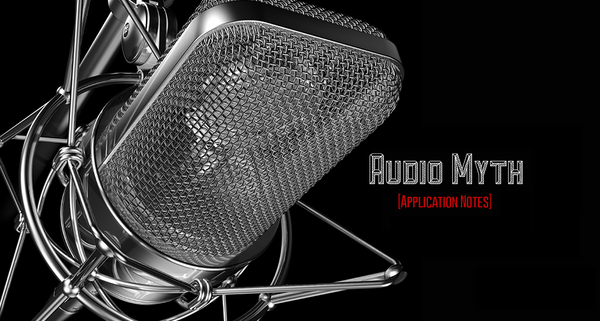Galliardist
Major Contributor
I don't believe in magic. However, there is a space where something happens, in the way people's minds interpret what they hear, that is currently largely outside of a concrete understanding. It will happen in time, but until then that space is a black box and a collection of ideas that sometimes sort of work, like biases.But this is what I'm talking about. I know you are trying to make a joke here but clearly people are experiencing this. It's real within their minds. I don't know if it's an emotional reaction or a psychological reaction to audio gear combinations, but I don't think it's magic.
Synergy is taking place for these folks.
It seems acceptable to some to believe a room and speakers can colour or affect the type of sound from a system, but seemingly not other devices earlier in the connected chain (amps, pre-amps, dacs etc etc). Once again this logically doesn't seem to be fully cohesive. Whether by design, or poor engineering, cost saving, whatever, all these things are in the path and surely can have an affect whether very obviously perceivable to everybody, or only to those with acute hearing.
Once again, we can all believe what we want to, and see the world the way we want to, but it makes way more sense to state ones ideas or claims on a specific topic without the (not so subtle) implication of your ideas somehow being of greater value than that of other commenters. Ultimately everything is subjective, we all have different ears, brains etc and things could be perceived differently at different times of the day, different moods, weather, on and on.....but ultimately with all these small variations we experience, we are intelligent beings that can create a full picture of what something is.
If we reduced everything to measurements and graphs and specifications then how could we ever say anything is real or tangible.
I've been criticised for this before, but I'll state it again anyway. When you or @MattHooper, or anyone else, seeks to describe what they are hearing, the "system" changes. What you sit in front of is a collection of equipment that makes a sound. But I'm on the other side of the world, and what I get is a system that consists of those components, and your understanding of them, and the output of the system to me is your verbal description: not the sound from the speakers. It's actually a big difference. If you choose words that have a different meaning to me, I now have a faulty understanding.
In my subsequent post, I addressed the use of the word "synergy" as doing just what you don't want: it's a word which has a meaning that implies that your post has greater value, an "I'm an expert" word. Put the two ideas together, and we have "I'm an expert in some magic". There is I think a fine line. Often I find that when someone is describing a difference in this forum, there's a big put-down: but if you actually get the details of the equipment in use, there is sometimes a place where that difference can live in the sound as much as in the head.
So, I'm not against the use of words for description. I'm against the use of certain words because of their implications. I recognise that other words may have a technical and a general meaning that work against each other. The one I'm thinking of here is "bias", which is often misunderstood unless it is explained as a technical term every single time it is used. One of the common complaints, after all, is "how can I be biased"? Just like warm is good, bias is bad, and insulting to the "ears" of listeners who have been trying to fit into the subjectivist paradigm and then suddenly hit this particular rock in the audiophile ocean.
As for your last sentence, measurements and graphs and specifications, when honest, are real and tangible, and take "you" at least partly out of the equation. What you refer to as the full picture is one that includes the intangible, the interpretation and ideas, biases, whatever, of the listener.


